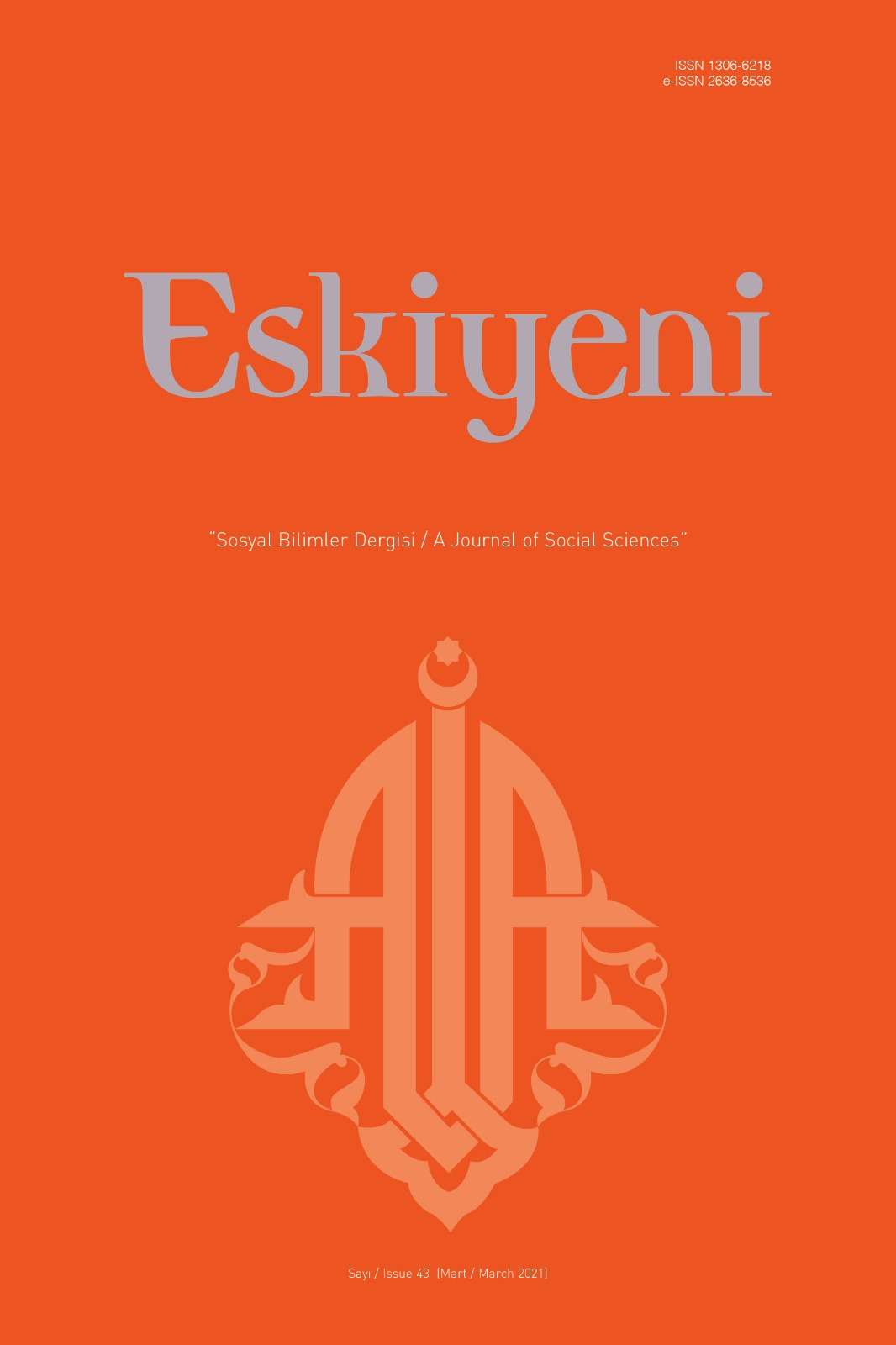Kelâmî ve Felsefî Düşüncede İlahî İrade Sorunu
The Problem of Divine Will in the Thought of Kalām and the Philosophy
Author(s): Hikmet Yağlı MavilSubject(s): Philosophy, Theology and Religion, Islam studies, Middle-East Philosophy
Published by: Anadolu İlahiyat Akademisi
Keywords: Kalām; Philosophy; Divine will; Emanation; Creation;
Summary/Abstract: The divine will (irādah) is one of the most discussed issues in the context of the relationship between God and the universe. In the tradition of kalām and philosophy, this problem has been discussed in a broad framework including various sub-problems such as the relationship of the will with the attributes such as omniscience (‘ilm) and omnipotence (qudra), the eternity of the will, togetherness of will and willed things (irādah-murād) and its role in the creation. In this study, the meaning given to the divine will by the theologians, who maintain that the universe was created from nothing and qualify the attribute of the will to Allah, and the Peripatetic philosophers such as al-Fārābī and Avicenna, who think that the world came into being out of God’s essence, will be considered comparatively and will be pointed out that the understanding of the will of philosophers is different from majority of the mutakallimūn. In this context, although he does not defend the theory of ṣudūr, Ibn Rushd’s views are also included due to his criticism of the theologians’ approach to will. Dealing with the subject according to the general assumptions of the Ancient Greek thought such as the proposition that there is no time before the universe and only one entity arises from an entity, the philosophers evaluated the relationship between god and the will within the framework of causality. The understanding of natural causality which is adopted by the Islamic philosophers in the physical world prompted them to name God as the cause (ʿilla) in metaphysical thought and to examine the God-universe relationship on the basis of necessity. Although philosophers attribute knowledge, will, and power to God in some of their works, in reality, there is no obvious difference between these attributes. As a matter of fact, according to al-Fārābī and Avicenna, it is sufficient for God to know His own essence for existence to come into being by overflowing from him. Since he has known His Self from eternity, the universe that came into being as a result of this knowledge is also eternal in terms of time, but not in terms of entity. This approach, which eliminates the temporal separation between God and the world, leaves no real need for the attributes of the will and the power. Thus, in the system of Islamic philosophers, the divine will does not have a different meaning than the divine knowledge. At the same time, it means a deficiency for him that the will attributed to the Necessary Being contains benefits and wisdom, as some theologians claim. Because God does not act on account of any intention, on the contrary, the act overflows from His existence as a result of His generosity. Most of the Baṣra Muʿtazila and all Sunni theologians shared a common attitude that the world was chosen and created from the different alternatives of the world which are in absolute possibility. On the one hand, to defend that the world exists outside the will of God means to accept a mechanical determinism in the relationship between God and the world. However, this claim leads to the conclusion that divine acts are compulsory. According to the mutakallimīn, on the other hand, the possible existents are essentially equal in terms of existence and non-existence, and necessarily need an external reason to exist, which is the divine will. This will, first prefers the existence of the contingent to its non-existence, and then determines when it will exist and allocates a certain period of time to it in equal time periods. For this reason, in kalām, the will is defined as “an atribute that requires the choice and assignment of one of the two options in an issue that is equal to do or not to do without an obligation.” The concept of assignment in the definition of the will is the most basic feature that distinguishes theologians from the philosophers who defend the theory of sudur. According to the theologians, the attribute of will in the visible world indicate that whoever has it is free and is not under coercion. As a result, while the concept of divine will corresponds to the action of choosing and determining in a theological sense, the philosophers who adopted the emanation interpreted it as a kind of contentment and willingness towards the overflow of beings from the divine essence.
Journal: Eskiyeni
- Issue Year: 2021
- Issue No: 43
- Page Range: 119-144
- Page Count: 26
- Language: Turkish

